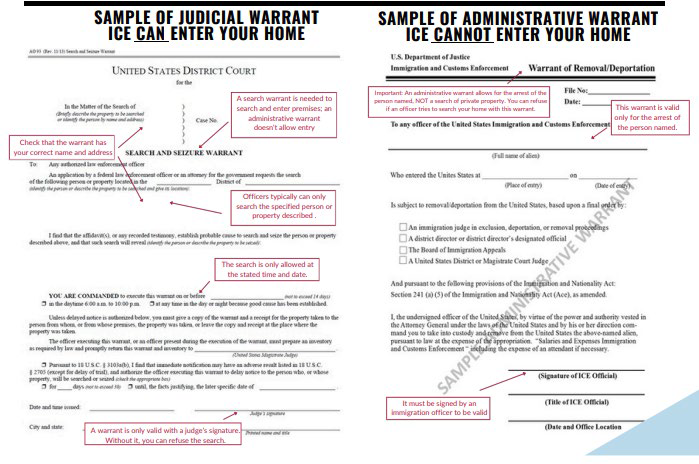 322
322
Policy on Responding to Requests for Information or access from Government Agencies
Affinity Property Management does not voluntarily disclose tenant information to any individual or government agency without a legal obligation to do so. If the agency does not provide a valid subpoena, warrant, or court order, and the tenant has not provided authorization to release the requested information you should refuse the request and reach out to your portfolio manager and in-house counsel for further consultation. This policy outlines the procedures that staff should follow when responding to requests for information from individuals or government agencies. The goal is to ensure compliance with legal requirements while protecting the rights and privacy of tenants.
1. Verification of Request
Before responding to any request for information:
- In order to verify the identity and authority of the requesting agency, obtain official identification and contact information from the agency representative.
- Confirm the legitimacy of the request by contacting the agency directly through publicly available contact information, for example completing a Google search for the agency website to locate the publicly available contact information.
* If an agency representative declines the request for official identification, inform the agency representative they would need to leave the premises and may not re-enter until official identification has been provided. If they refuse to leave the premises, contact local law enforcement officials to have the individuals removed from the property and trespassed.


2. Review the Request for Information
Upon receipt of a subpoena, warrant or court order requesting information:
- Review the request for information and gather requested documents.
- Submit a copy of the request along with the requested documents to your portfolio manager and in house counsel for review.
The request will be reviewed by legal counsel to determine the validity of the request, ensure any response complies with any and all local and state tenant protection laws and that the documentation gathered meets the scope of information that is legally required to be disclosed.
Examples:
Left: A Warrant or Subpoena issued by a court and signed by a judge will likely need to be complied with.
Right: An Administrative Warrant issued by the Department of Homeland Security and signed by an Immigration Officer DOES NOT grant legal authority to enter a private area or obtain records, photo on the left.
3. Documentation
All requests for information and responses must be documented thoroughly. This includes:
- Recording the date and time of the request in CRM IQ.
- Note the name, title, and contact information of the agency representative.
- Maintaining copies of any written requests and responses as attachments to the resident’s file.
4. Tenant Notification
In situations where the law permits or requires it, tenants must be notified of the request for their information. This notification should include:
- The nature of the request.
- The information that will be disclosed.
- The tenant’s rights regarding the request.




